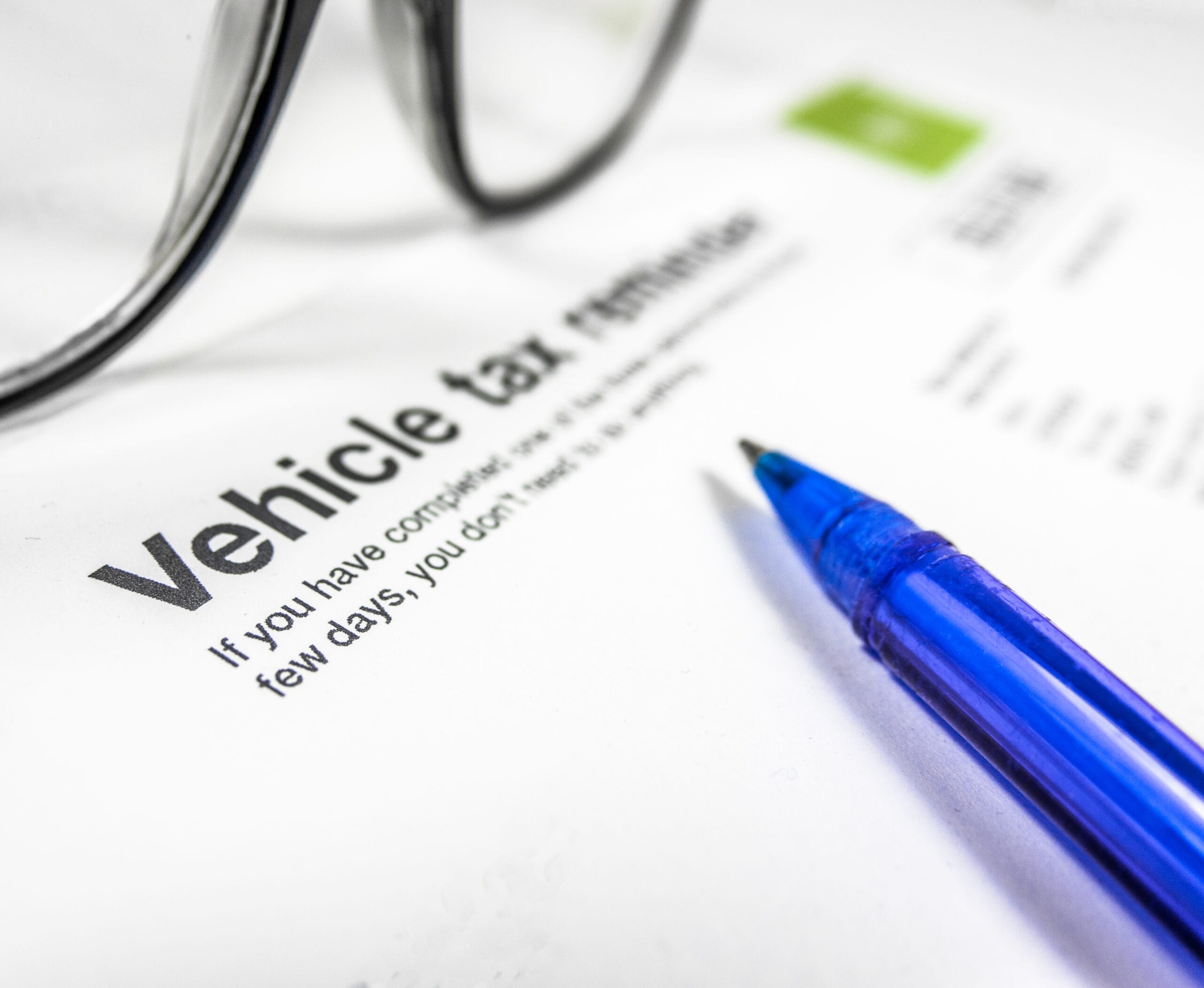All Categories

Documents Expats Need for Car Insurance in Spain
Introduction – Why the Right Documents Matter for Expats
If you’re an expat in Spain, getting car insurance isn’t just about comparing prices — it’s about having the right paperwork ready. Spanish insurers require specific documents to verify your identity, driving history, and vehicle registration before issuing a policy. Missing or incorrect documents can delay your cover or cause your application to be rejected altogether.
At 247 Expat Insurance, we make it simple. This guide explains exactly which documents expats need for car insurance in Spain, how to prepare them, and how to avoid common mistakes that could slow your application.
👉 Related blog: [How to Register a Car in Spain – Step-by-Step Guide for Expats]
Main Documents Required for Car Insurance in Spain
1. NIE (Número de Identificación de Extranjero)
Every foreigner in Spain needs an NIE number to take out a car insurance policy. This tax identification number links your policy to your legal status in Spain.
- You can obtain it from a police station, Spanish consulate, or with help from a gestor or solicitor.
- Your NIE must match the name and details on your insurance application and vehicle documents.
To be able to purchase the car you should have provided the Gestoría or the Garage a copy of your NIE number.
👉 Related blog: [How to Apply for an NIE in Spain]
2. Valid Passport or Residency Card (TIE)
Insurers need proof of identity and residence. Expats can present either:
- A passport (for non-residents or new arrivals).
- A TIE card (Tarjeta de Identidad de Extranjero) for legal residents.
For long-term policies or financed vehicles, residency cards are often required.
3. Spanish Driving Licence or Valid Foreign Licence
Your driving licence must be valid in Spain. Depending on your country:
- EU/EEA licences are recognised automatically.
- UK licences are valid short-term after Brexit but must be exchanged for a Spanish licence after residency is established.
- Non-EU licences (e.g. US, Australia, South Africa) must usually be exchanged within six months of becoming a resident.
Insurers will ask for:
- A copy of your licence (front and back).
- The issue date, which affects your premium calculation.
👉 Related blog: [Driving Licence Exchange in Spain – What Expats Need to Know]
4. Vehicle Registration Certificate (Permiso de Circulación)
This proves that the car is legally registered in Spain. If your car is still on foreign plates, you must complete the matriculation process before taking out insurance.
You’ll need to provide:
- The Permiso de Circulación (Spanish registration certificate).
- The Ficha Técnica (technical inspection card).
- A valid ITV (Inspección Técnica de Vehículos) certificate confirming your vehicle passed inspection.
👉 Related blog: [How to Matriculate a Foreign Car in Spain]
5. Proof of Address in Spain
Most insurers require proof that you live or spend time in Spain, especially if you’re applying for resident or non-resident car insurance. Acceptable documents include:
- A recent utility bill (electricity, water, gas, or internet).
- A rental contract or property deed.
- A padrón certificate (empadronamiento) from your town hall.
6. Proof of Ownership or Purchase Contract
If the vehicle is registered in your name, you’ll need to provide the sales contract (Contrato de compraventa) or invoice.
If it’s financed or leased, the insurer may require a copy of the finance agreement or leasing documentation.
7. Bank Details (IBAN)
To activate your policy, insurers require an IBAN from a European bank account. Most companies insist on a Spanish IBAN, though some accept EU-based ones.
Tip 💡: If you’re a new arrival, open a Spanish account early — it simplifies car, health, and home insurance setup.
8. ITV Certificate (Vehicle Inspection)
Your ITV document confirms that your vehicle meets Spanish road safety and emissions standards. Without it, your insurer can’t issue a valid policy.
- For new vehicles, ITV is valid for four years.
- After that, it must be renewed every two years until the car reaches 10 years old, then annually.
Additional Tips for Expats Before Applying
✔ Double-check your NIE and address match all documents.
✔ Have your car’s chassis (VIN) number handy when applying.
✔ Ask your previous insurer for proof of no claims before cancelling.
✔ Ensure all documents are up to date — expired ITV or passport = policy delay.
Common Mistakes That Delay Car Insurance for Expats
❌ Using a foreign-registered car without matriculating it.
❌ Submitting a passport without an NIE.
❌ Providing a no-claims letter without official stamp or dates.
❌ Missing proof of address or using outdated utility bills.
FAQs – Documents for Car Insurance in Spain
Do I need an NIE to buy car insurance in Spain?
Yes — the NIE is mandatory for all expats insuring a vehicle.
Can I use my UK or EU licence?
Yes, but long-term residents must exchange UK or non-EU licences for Spanish ones.
Can I insure a car in Spain without being a resident?
Yes — 247 Expat Insurance offers non-resident car insurance for second-home owners and seasonal expats.
Can I use a foreign bank account to pay?
Sometimes, but most insurers prefer a Spanish IBAN.
Do I need my car to be registered in Spain?
Yes — all vehicles must have a valid Spanish registration (Permiso de Circulación) to be insured.
Will my no-claims discount from abroad count?
We have secured discounts with our insures to apply discounts equivalent to the no claims discount obtained in other countries.
Conclusion – Prepare Your Documents, Then Get a Quote
Having the right documents ready makes your car insurance in Spain quick and stress-free. At 247 Expat Insurance, we guide you through every step — from verifying your NIE and ITV to transferring your no-claims history — so you get covered faster and save money.
👉 Get Your Car Insurance Quote Today – Open 7 days a week.
Contact us for further iformation or for a free car insurance quote below:
General Blog Disclaimer
The information in this article is provided for general guidance and informational purposes only. It does not constitute advice, nor does it form part of any contract. Insurance products in Spain can vary significantly between insurers, with different terms, conditions, exclusions, and eligibility requirements.
Readers should always review the full policy wording and schedule before purchasing any insurance product to ensure it meets their individual needs. For personalised assistance, 247 Expat Insurance acts as an authorised intermediary and arranges cover with regulated insurers in Spain.

